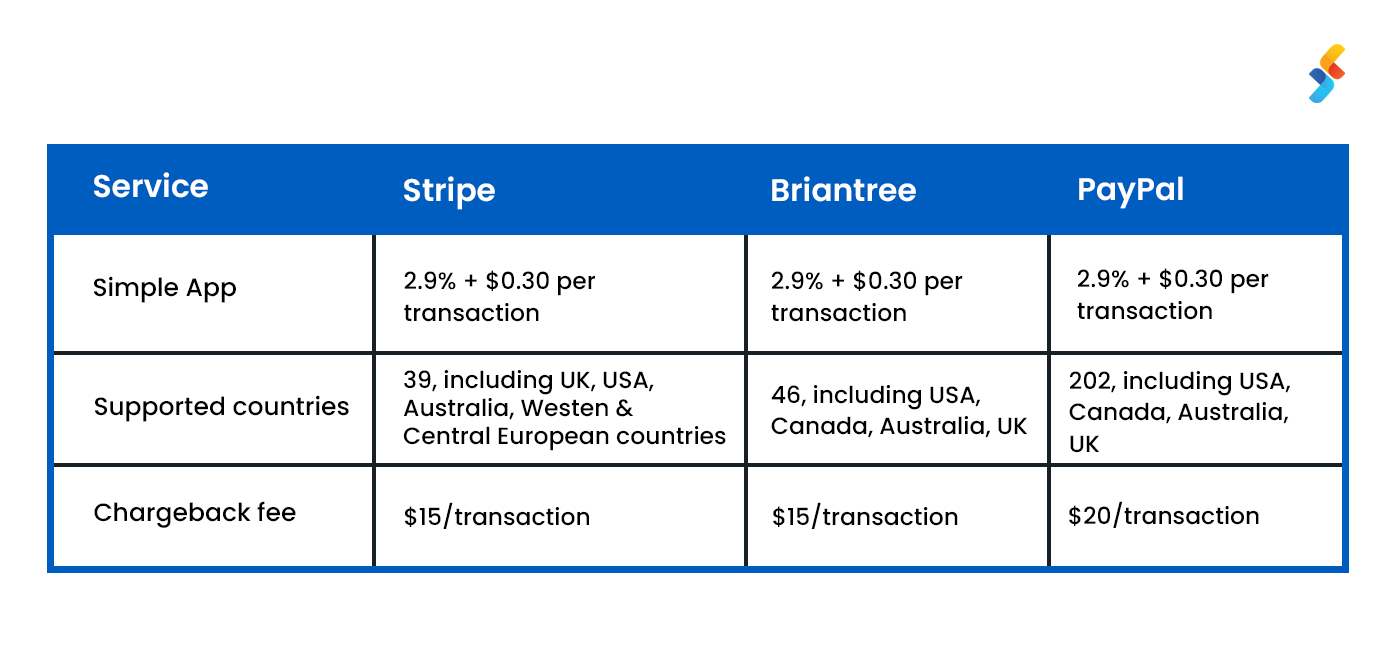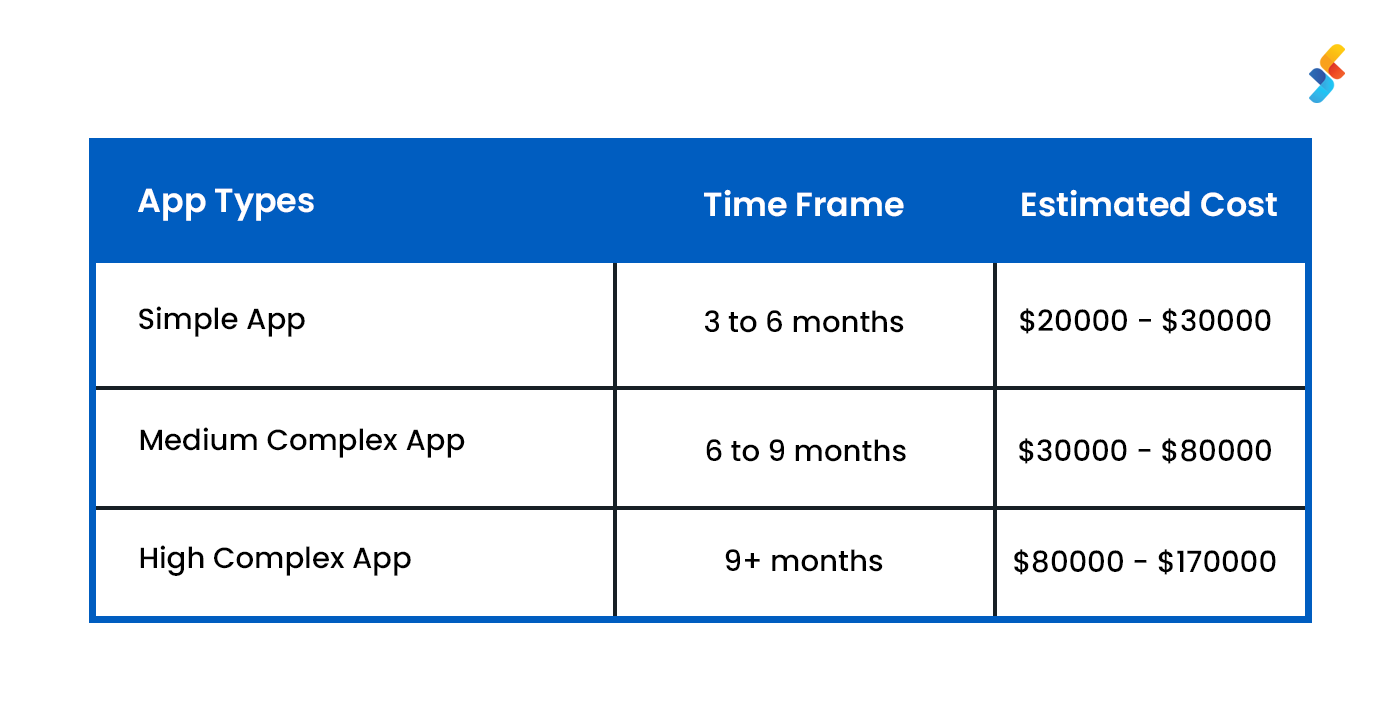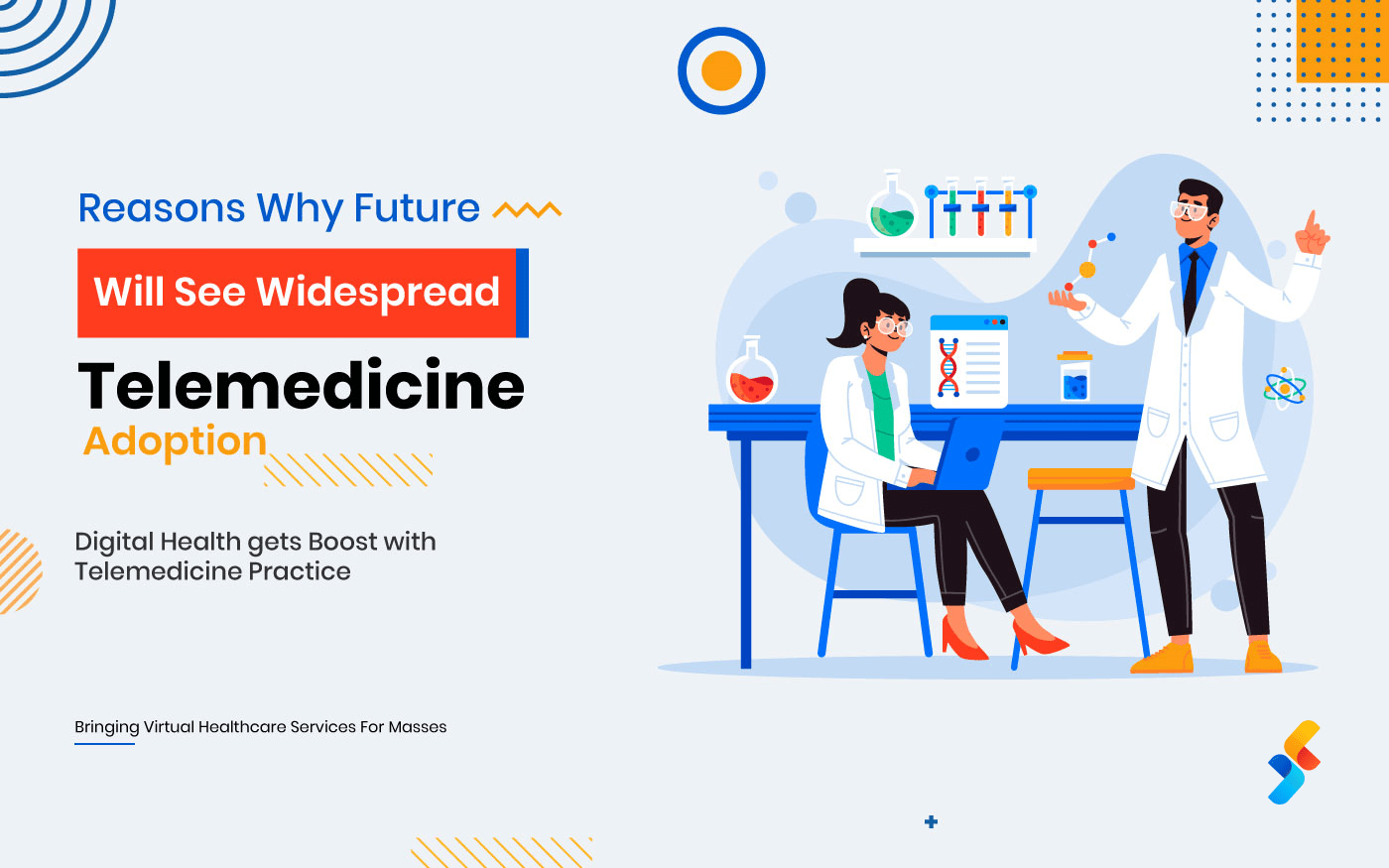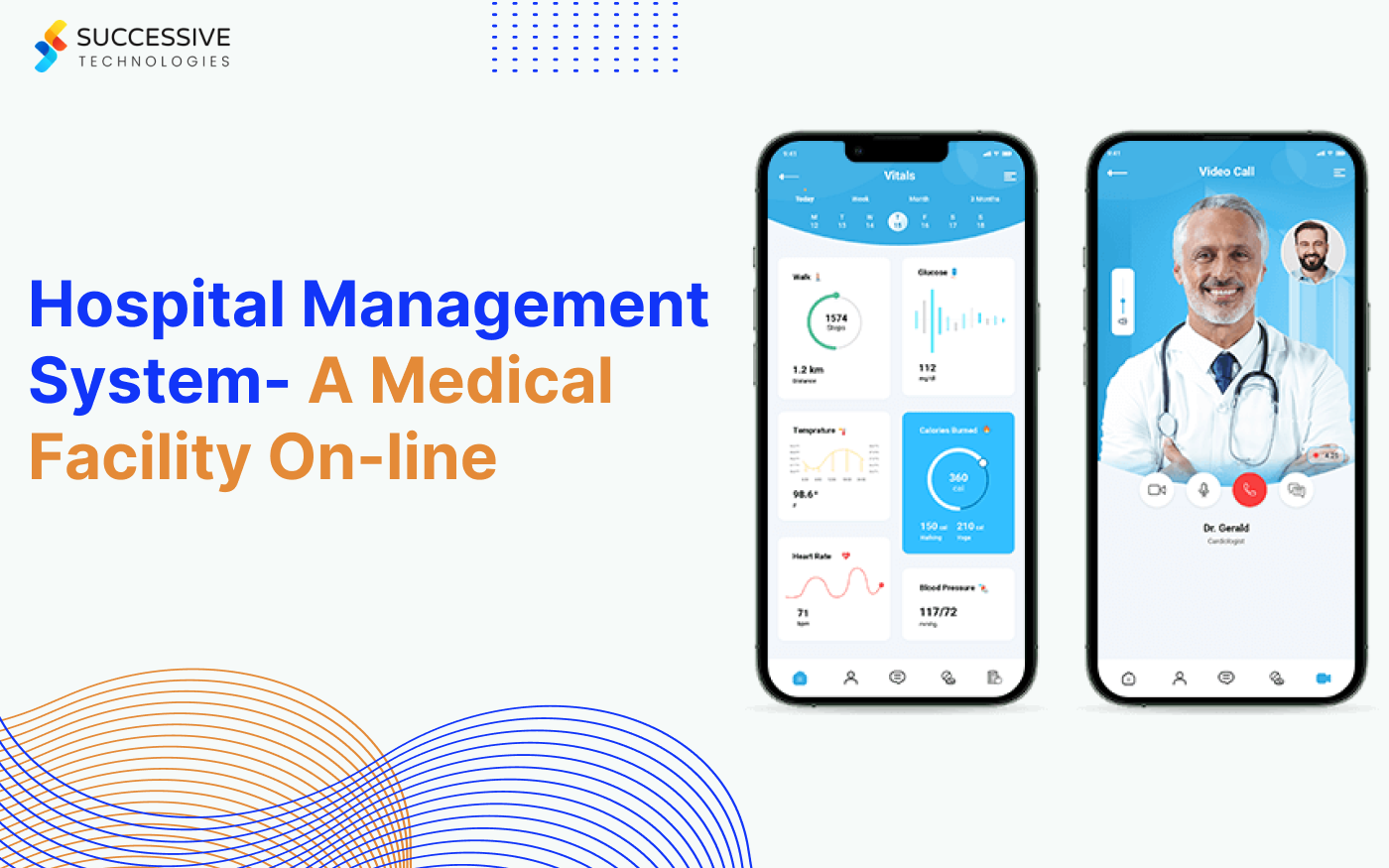Telehealth has become imperative to promote safe interactions for healthcare delivery during the COVID-19 pandemic. While telehealth was undergoing gradual progress, the pandemic accelerated this transformation to bring in ten years of digital health adoption within a matter of months.
Patients and healthcare providers are now more willing to use technology for virtual medical visits. According to a survey by Sermo on over 1,300 providers, 85% of physicians now utilize video or phone appointments.
Telehealth is now the digital front door to on-demand care, facilitating effective care delivery even at remote locations. This wave of digital evolution has pushed organizations to transform their processes and put them in sync with market demands by developing telemedicine apps for their healthcare services.
A new analysis by McKinsey indicates telehealth use has increased 38X from the pre-COVID-19 baseline.
However, these apps are not limited to just getting the consultation over the call; the one-stop telemedicine apps with multifunctionality are gaining new momentum and increased traction. Research says the number of new apps integrating with an EHR and automatic scheduling doubled from January 2020 to June 2021.
This blog will provide deep insight and breakdown into the cost of telemedicine app development while navigating through the importance of adding advanced features for telemedicine apps.
Table of Content
- Why should one invest in telemedicine app development?
- What Are Some Leading Telemedicine Apps?
- Factors Impacting the Telemedicine App Development Cost
- Features and Functionalities
- Inhouse Development vs. Outsourcing
- Platform Selection
- Security and Compliance
- Feature-wise cost of developing a telemedicine app
- Prominent EHR APIs that telemedicine apps can use
- Estimate The Telemedicine App Development Cost
- Final Words
Why Should You Invest in Telemedicine App Development?
The reasons to invest in a telemedicine app development are quite obvious – it’s a convenient and quick way to connect patients and practitioners and retain them for longer, in some cases, for a lifetime. As per research done by Deloitte, 30% of patients who attended a virtual medical appointment over a telemedicine app said they didn’t experience any challenges except a few glitches, which means the population is ready to embrace this technology for their everyday use.
Hence,
The best time for telemedicine app development was last year.
The second best time is now!
What Are Some Leading Telemedicine Apps?
Having a single source of truth to the patient history and scheduling your patients is crucial in initiating the virtual care process, which includes automating the scheduling process and integrating the EHRs for easy accessibility and interaction through telemedicine apps.
Here are all the household names pioneering the telemedicine industry with their digital health efforts.
AmWell:
AmWell is a leading telemedicine app with a large market share. This app connects patients to board-certified, experienced medical providers across the selected region. Amwell offers a plethora of high-quality telehealth services via virtual care, such as nutrition consultation and urgent care. With features like 24/7 on-demand services and scheduled appointments for the same day or the next day, AmWell is one of the favorite telemedicine apps across the US.
Doctor on Demand
Doctor on Demand is a leading telemedicine platform that helps patients contact doctors over live video. Their services for Doctor on Demand are available 24/7, with an average waiting time of under 10 minutes. By cooperating with certified physicians, psychiatrists, and psychologists, the app focuses on mind and body and provides comprehensive, holistic healthcare. Their standard includes full diagnoses and treatments online and a wide range of services supporting general well-being.
MDLive
MDLive is known for its extensive features as a pioneer telemedicine application. Their remote medical help allows patients to see the doctor 24/7 through a mobile app, PC, or just a phone call. Their in-app video calling features give the patient a real-time consulting benefit.
Factors Impacting the Telemedicine App Development Cost
Before plunging into the factors affecting the cost of telemedicine app development, it’s important to understand how telemedicine apps work.
Patients who are seeking medical advice register over the telemedicine app and create an account with their information (e.g., name and contact details).
Based on the instructions given in the app, patients submit any relevant records/data required for diagnosis or treatment (e.g., scans or laboratory test results). Medical professionals review the submitted data and issue a diagnosis through video conferences or telephone conferences if necessary. The providers then prescribe additional treatments or required medication to help manage the health condition.
Considering the above process, here are all the factors that can potentially be involved in determining the cost of telemedicine app development
Features and Functionalities
Apps features and functionalities are one of the major investments that go into developing the telemedicine app. The more complex and extensive the features, the higher the cost is likely to be (View the next section for a feature-wise cost estimation). However, starting with a minimum viable product (MVP) and gradually adding features based on user feedback can decrease the overall cost of implementing telehealth while testing the appeal of your telemedicine app.
Here’s the brief tech stack of a telemedicine app MVP development
| Language | Communication | Storage |
| Java | WebRTC | MySQL/MongoDB |
| Swift | Twilio | Amazon RDS |
| Kotlin | Socket. oi | Amazon S3 |
| NodeJs | RTMP | Azure Blub Storage |
App Type
The type of your telemedicine app is one of the primary factors influencing cost. A simple app for connecting patients with doctors for video consultations will be less expensive than a comprehensive platform with features like appointment scheduling, electronic health records (EHR) integration, and remote monitoring.
Hence, the cost of developing a telemedicine app heavily depends on the features your telemedicine business requires. Additionally, it would be best to consider delivering a solution that works for both the mobile and web to offer an immersive patient experience.
Inhouse Development vs. Outsourcing
Inhouse
In-house app development is comparatively more expensive than outsourcing while taking away most of the time for hiring talent with the right skill set and other expensive decisions like salaries, taxes, rent, software licenses, etc.
Let’s take this example: In six months, you have assembled an in-house team of eight people to create a telemedicine app (mobile and web app). The project estimate might look like this per month.
| Factors | Cost |
| Development | $9000 |
| Quality assurance | $5,800 |
| Project management | $7,900 |
| Business analysis | $8,000 |
| UI/UX design | $7,500 |
| DevOps | $8,500 |
With these monthly estimates, the total cost of developing the telemedicine app for six months will go up to $388,200.
Outsourcing
Outsourcing often results in faster and more cost-effective app development because dedicated teams can focus solely on your project. Also, you can tap into the expertise of specialized development firms with experience in app development.
An IT partner can be located anywhere, and it affects the pricing of the app development For example, India provides a comparatively lower hourly rate for the exact quality of app development services.
Location-Based Development Partner
The location of your development partner highly influences the final cost estimation of telemedicine app development. In some parts of Asia, like India, the cost goes down much lower than that of North America and Europe, refer to the table.
Additionally, having an overseas partner enables round-the-clock development and potentially reduces project duration.

| Region | Hourly Costs |
| North America
(the USA, Canada, etc.) |
$80-$150 |
| Europe
(UK, France, Italy, etc.) |
$45-$100 |
| Gulf Countries
(UAE, Saudi Arabia, etc.) |
$30-$120 |
| Asia
(India, Russia, Japan, China, etc.) |
$20-$50 |
| Australia & New Zealand | $35-$150 |
How Platform Selection Can Impact the Cost of Telemedicine App Development?
Platform type and the selection of the desired platform are other factors influencing the cost of telemedicine app development. Developing for multiple platforms (both mobile and web) increases development and maintenance costs. However, for the convenience of your patients and to enhance their experience, it may be necessary to target both app and web audiences to reach a wider user base.
Native vs. Cross-Platform
If you opt for a mobile app, you can develop it natively (e.g., iOS using Swift or Android using Java/Kotlin) or using cross-platform frameworks like React Native or Flutter.
Security and Compliance
As per hhs.gov, all telehealth services provided by covered healthcare providers and health plans must comply with the HIPAA Rules. Due to the sensitive nature of healthcare data and the regulatory environment, all telemedicine apps dealing with electronically protected health data shall comply with healthcare regulations such as HIPAA (in the United States), GDPR (in the European Union), and various other regional or national laws.
Telemedicine apps often collect and store sensitive patient data, including medical records, personal information, and communication history. In that case, compliance safeguards the patient data and ensures that data is protected from unauthorized access, breaches, or misuse.
These compliances add to the technical cost of implementing the technical safeguards required by regulations, such as encryption, access controls, and audit trails.
What is the Feature-wise cost of developing a telemedicine app?
The telemedicine software cost can vary significantly based on the specific features and complexity of the app. Here’s a breakdown of potential features to understand telemedicine app development cost.
User Registration and Authentication
- User registration or single sign-on is a must-have feature for telemedicine app development. This feature gives access to a lot of user information, which can be further required for user retention. There are three ways to get users registered to your telemedicine app
- Social media authorization
- Authorization via email
- Phone verification
Basic email and password registration are simpler and more cost-effective to implement than more advanced features like biometric authentication (fingerprint, facial recognition), two-factor authentication (2FA), or integration with third-party identity providers (Google, Apple, Facebook).
The cost of developing a user registration login feature for the healthcare app may be from $4,000 to $10,000.
User Accounts/Profiles
A user account/profile is an essential feature for any user-facing application, regardless of the industry, as it allows users to create a personalized experience within the app. Interactive user profiles are filled with relevant information about the user’s vitals and previous medical records. On their personal profiles, users can save preferences, settings, and information specific to them.
Designing and developing interactive user accounts and profiles may cost between $10,000 to $15,000.
Physicians Profile
- Most Telemedicine apps often cater to a wide range of medical specialties. Physician profiles help patients identify healthcare providers specializing in their specific health concerns, ensuring they receive the most appropriate care. Patients can make informed decisions about which healthcare provider to consult with based on the information available in physician profiles, like the provider’s areas of expertise, clinical interests, patient reviews, and ratings.
The cost of adding the physician’s profile in the telemedicine app can range between $6,000 – $12,000
Appointment Scheduling
Appointment scheduling is a crucial feature in telemedicine app development, and its importance cannot be overstated. Appointment scheduling makes it easier for patients to access healthcare services while reducing no-shows for medical services. The appointment scheduling feature enables care providers to effectively manage their time and patient load.
Common appointment scheduling APIs that can be used for telemedicine app development
Calendly API- For embedding appointment scheduling functionality directly into the telemedicine apps with customized calendar platforms.
Zocdoc API- Helping healthcare providers to list their available appointment slots, enabling patients to book appointments easily.
Doctolib API- Provides appointment scheduling and enables European healthcare practitioners to manage appointments and offer online booking to patients.
The cost for appointment booking and calendar integration falls between $4,000 – $8,000
Video Consultations
Certain medical conditions require visual examination, such as assessing rashes, wounds, or physical symptoms. In that case, video consultations enable face-to-face interactions and remote monitoring between patients and healthcare providers and improve communication between the two. Video consultation breaks down geographical barriers and lets patients express their symptoms and access medical treatment over the telemedicine app.
The cost of adding the video calling functionality in the app falls between $8,000 – $15,000, whereas adding the real-time chat during video consultations falls between $2,000 – $5,000.
Electronic Health Records (EHR) Integration
EHR integration with a telemedicine app helps healthcare providers manage medications effectively. Having access to a patient’s EHR enables healthcare providers to make more accurate diagnoses and treatment recommendations. This comprehensive view of the patient’s health is invaluable for making informed decisions during telemedicine consultations.
Prominent EHR APIs that can be used by telemedicine apps
NextGen EHR API- Helps developers access and integrate patient records, appointments, and clinical data using APIs.
FHIR-Based APIs- For integrating EHR data into telemedicine apps using a HL7 FHIR (Fast Healthcare Interoperability Resources) standard for fostering interoperability.
Cerner EHR API- Just like Next-Gen EHR APIs, Cerner also provides Cerner Ignite APIs to access patient data and integrate it into telemedicine apps.Cerner Ignite APIs to access patient data and integrate it into telemedicine apps.
Integrations with EHR systems during the telemedicine app development cost estimation can go up to $20,000.
Payment Integration
- With the digitization of healthcare services, creating safe and secure payment options has become essential. Integrating the payment gateways to these telemedicine apps allows patients to pay for their services online without the need for physical transactions. Secured and smooth monetization of services is important for any business. Hence, the payment gateway is crucial in ensuring the successful real-time accomplishment of healthcare transactions.
- Creating the payment gateways can cost between $3000 to $7000, along with the integration of multiple payment gateways into the application.

Geolocation and Telemedicine Search
Geolocation and telemedicine search functionality enable users to find healthcare providers, clinics, or telemedicine services in their vicinity or within a specified geographical area. This is especially valuable for patients seeking nearby healthcare options. Geolocation search is the most suitable in emergency situations; users can quickly locate the nearest healthcare facilities or urgent care centers using geolocation.
Here’s the list of APIs that can be used for telemedicine app development
Google Maps API: To display interactive maps, geocode addresses into latitude and longitude coordinates, calculate distances, and provide turn-by-turn directions to properties.
Apple Maps API: For iOS-based telemedicine apps, the Apple Maps API is a native mapping solution that provides similar functionalities to Google Maps API but is specifically designed for Apple devices.
Telecommunications Carrier APIs– Location APIs offered by specific telecommunication carriers to provide accurate location data based on the user’s mobile device and network information. These APIs may be used in emergency telemedicine services.
Adding the location-based search for healthcare providers can cost between $3,000 to $6,000, while map integration for finding nearby clinics falls between $1,000 and $3,000
How To Estimate The Telemedicine App Development Cost?
Considering the abovementioned factors, the total cost of MVP development for a telemedicine app can go around $30,000, whereas an app with advanced features may cost up to $1,70,000.
To get a clear estimation of your telemedicine app development cost, clearly outline the goals and objectives of your telemedicine app. The discovery phase is essential for the cost estimation process. During the discovery phase, you and your development partner can brainstorm and determine the primary features and functionalities of the app, such as video consultations, appointment scheduling, EHR integration, and more.
Final Words
Responses to COVID-19 demonstrate there are still opportunities to pivot to innovations. Improving patient communications with new technologies is one step to getting there, while implementing these innovation efforts with a trusted technology partner is another. With more than 5,000 success stories in our portfolio, Successive Digital fosters innovation and helps care providers enhance patient care outcomes with tech-backed telemedicine app development. Get in touch with us to get your free estimation for telemedicine app development.












